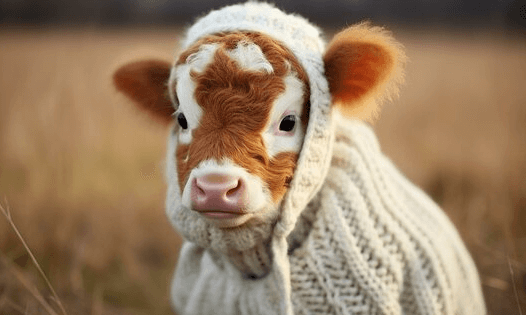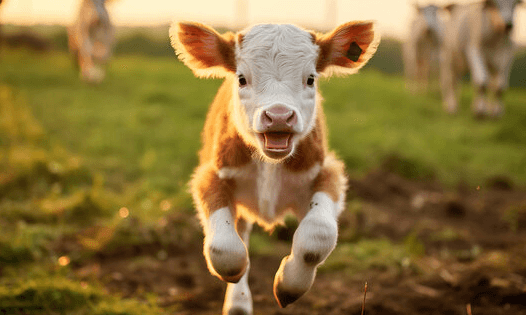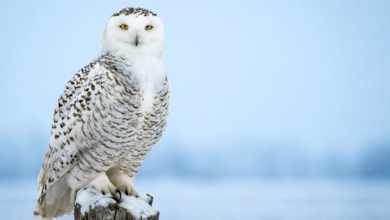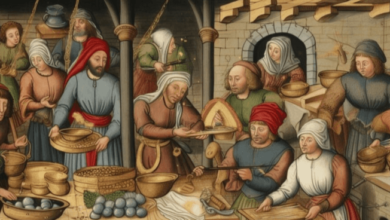Baby:5qa0d41uzuk= Cows

The development of Baby:5qa0d41uzuk= Cows is a critical aspect of livestock farming, influencing both animal welfare and agricultural productivity. From their initial intake of colostrum to the importance of nutrition and socialization, every stage in a calf’s life significantly impacts their growth and behavior. Furthermore, the integration of sustainable practices can enhance not only the health of these young animals but also the resilience of farming ecosystems. As we consider the multifaceted role calves play, one must ponder the implications of these practices on the future of sustainable agriculture.
Life Cycle of Calves
The life cycle of calves begins with gestation, a critical period lasting approximately nine months.
After birth, proper calf nutrition is essential for healthy growth and development, focusing on colostrum intake and balanced feed.
Additionally, early calf socialization plays a vital role in establishing behavior patterns and interactions with peers, ultimately influencing their well-being and adaptability in a herd environment.
Calf Behavior and Development
Understanding calf behavior and development is crucial for optimizing their growth and integration into the herd.
Effective calf socialization promotes healthy interactions, ensuring they adapt well to their environment.
Meeting their nutritional needs during early life stages supports proper physical and cognitive development, laying a foundation for future productivity.
Attention to these factors enhances the overall well-being of calves within the agricultural ecosystem.
Read Also Baby:4vgh1kdm9f0= Snowy Owl

Importance in Farming Ecosystem
Calves play a vital role in the farming ecosystem, serving as a key component in the lifecycle of livestock production.
Effective nutrient management is crucial for their growth and health, influencing overall herd productivity.
Additionally, implementing pasture rotation enhances soil fertility and prevents overgrazing, promoting a balanced environment.
Thus, calves significantly contribute to sustainable farming practices and the resilience of agricultural systems.
Sustainable Practices for Raising Calves
Implementing sustainable practices for raising calves is essential for promoting their health and enhancing the overall productivity of livestock operations.
Focus on balanced calf nutrition, effective pasture management, and innovative breeding techniques.
Employ optimal housing systems and rigorous health monitoring to ensure welfare.
Additionally, adopt strategic weaning strategies to support growth, ultimately fostering a resilient and thriving calf population that aligns with sustainable agricultural goals.
Conclusion
In the intricate tapestry of agriculture, Baby:5qa0d41uzuk= Cows represent the vibrant threads that weave together the fabric of livestock farming. Their journey from vulnerable newborns to robust contributors is a testament to the symbiotic relationship between careful stewardship and sustainable practices. By nurturing these young beings, farmers not only cultivate healthy livestock but also fortify the resilience of agricultural ecosystems. Thus, the future of farming flourishes, rooted in the harmonious balance between nature’s gifts and human dedication.




